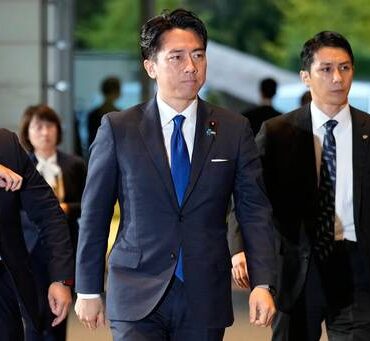Are we headed back to the ‘grey list’?

The amount of taxpayer money that is alleged to have been lost to the flood control corruption scandal is staggering, involving more than a hundred billion pesos. The Anti-Money Laundering Council (AMLC) has already frozen more than P5.2 billion worth of assets connected to irregularities in flood control works.
This scandal comes in the wake of the Philippines’ recent exit from the Financial Action Task Force (FATF) “grey list.” It may be recalled that on Feb. 21, 2025, the FATF plenary removed the Philippines from the grey list. For government and the private sector, exiting the grey list was critical because prolonged inclusion threatened higher compliance costs for cross-border transactions, greater scrutiny for Filipino overseas workers’ remittances, and reputational damage to the investment climate.
In this context, the flood control scandal puts the Philippines at risk of once again being included in the FATF grey list. While a single corruption case is not in itself a trigger for grey listing, FATF evaluations focus less on isolated scandals and more on whether institutions detect, report, investigate, prosecute, and recover assets in a timely and credible manner. If this scandal demonstrates systemic failures—such as weak reporting from banks and casinos, a lack of timely prosecution of culprits, or an inability to freeze and confiscate illicit assets, the FATF may conclude that the Philippines is backsliding. In such a scenario, the risk of re-inclusion on the grey list becomes real.
The costs of such a reversal would be steep, especially when considering that the business sector and investors are exhibiting concern and a loss of confidence due to this corruption scandal. Grey listing raises transaction monitoring requirements for foreign banks, which in turn leads to higher fees and slower processing for Philippine-based clients. This could hurt overseas Filipino workers, whose remittances form a lifeline for millions of families. It could also discourage foreign direct investment and international financing, as global banks tend to de-risk from jurisdictions with these deficiencies. Domestically, renewed grey listing would further erode investor confidence at a time when infrastructure investment and economic recovery are vital.
Fortunately, these negative outcomes are not inevitable. There are already credible efforts underway that align with what FATF expects, and with follow-through, they could prevent re-listing. In addition to the freezing of accounts by the AMLC, the Bangko Sentral likewise acted quickly once reports of large cash withdrawals for kickbacks came out by issuing Circular No. 1218 on Sept. 18 that limited large cash withdrawals and automatically triggers the conduct of enhanced due diligence by the banks. The Anti-Financial Account Scamming Act (Republic Act No. 12010) is also being applied for the first time. The Bangko Sentral invoked it to assist in investigations and to pierce bank secrecy/data privacy in accounts under investigation. These measures demonstrate that the Philippines is capable of using its legal and regulatory tools to address emerging risks.
But the challenge is not simply announcing reforms, it is proving their effectiveness with measurable outcomes. The success of the Philippine response will be judged by the FATF via statistics: the number of cases filed, assets frozen, convictions obtained, and funds recovered. To reassure international partners, the government must transparently publish such metrics. Equally important is ensuring accountability for all those involved. Banks and casinos that failed to file suspicious transaction reports or allowed unusual transactions to slip through must face administrative or even criminal sanctions. Procurement officials and auditors who overlooked or concealed irregularities must be held responsible. Prosecutors and courts must demonstrate that political connections will not shield wrongdoers from justice. By ensuring that liability extends beyond contractors and politicians, the government sends a clear message that the financial system will not tolerate facilitation or negligence.
The flood control corruption scandal is more than a political or moral crisis; it’s a potential test of the Philippines’ standing in global financial integrity regimes.
If the Philippines fails to respond decisively, it risks undoing the progress that led to its recent delisting from the FATF grey list. But if the government and regulators use this moment to demonstrate effective action—investigating thoroughly, prosecuting successfully, and recovering stolen assets—they can not only safeguard the country’s standing with FATF but also rebuild public trust at home. The path forward will depend less on rhetoric and more on results, and those results will determine whether the Philippines remains a trusted player in the global financial system or slips back into increased monitoring.
—————-
Moira G. Gallaga served three Philippine presidents as presidential protocol officer, and was posted at the Philippine Consulate General in Los Angeles, California and Philippine Embassy in Washington, DC.

















